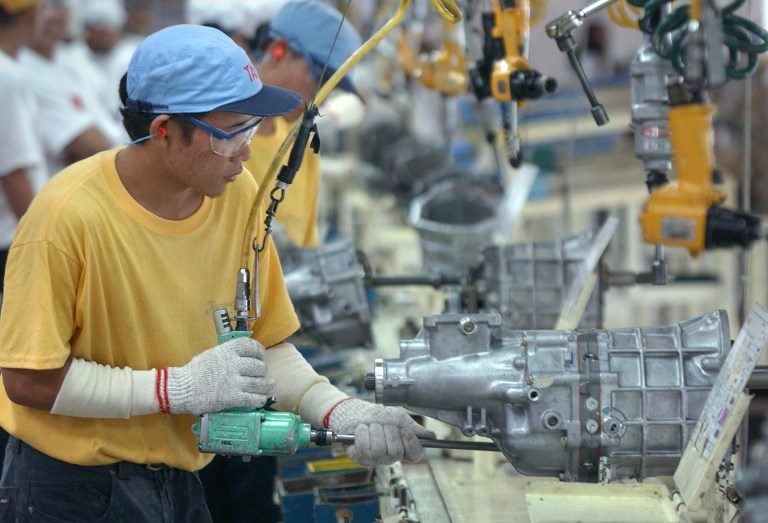SUMMARY
This is AI generated summarization, which may have errors. For context, always refer to the full article.

MANILA, Philippines – The labor department, employers, and workers’ groups have come up with a unified position on the passage of the bill proposing to shorten the minimum number of working days.
Department of Labor and Employment (DOLE) Undersecretary Dominador Say said the Tripartite Industry Peace Council (TIPC) will be submitting a position paper to the Senate, which will be tackling the measure this month. The TIPC is composed of representatives from companies and labor unions.
“We are not opposing. What we are saying is do not legislate. There is no need to legislate. There are several mechanisms in the Department of Labor and Employment,” said Say in an interview Friday, September 8.
The House has passed House Bill 6152 on 3rd and final reading last . But the measure met criticism since it intended to extend the number of work hours per day to 12 from 8 to offset the day that will be lost.
In their position paper, the TIPC pointed out that the trend worldwide was shifting towards shortening the number of work hours rather than prolonging it. They also argued that longer hours at work promoted fatigue rather than productivity.
The measure would also mean less time for the family should it be passed into law since most workers would spend a total of 16 hours off the house given the horrifying Metro Manila traffic.
TIPC also invoked the International Labor Organization’s Convention No. 1, which specifically provides that employees must only work for 8 hours.
The council recommended that specific work arrangements should be handled between the employer and the employees, in compliance with existing labor standards.
The paper also specified that workers in labor intensive sectors such as construction, health, transportation, education, and the industry should not have alternative work arrangements. This recommendation is based on the Occupational Safety and Health Standards. – Rappler.com
Add a comment
How does this make you feel?
There are no comments yet. Add your comment to start the conversation.